Seeds Vs. Starter Plants: Which Should You Choose?
Gardening is a beloved hobby that brings joy, fresh produce, and beauty into our lives.
Whether you're planting vegetables, herbs, or flowers, one of the first decisions you'll face is whether to start with seeds or purchase starter plants.
This choice can significantly impact your gardening experience and results. In this guide, we'll explore the pros and cons of both seeds and starter plants, helping you determine the best option for your garden.
This simple gardening advice will help your garden to flourish!
Disclaimer: Simplify may receive a small affiliate commission from purchases made via links in this article but at no cost to you.
Seeds:
An overview
Starting plants from seeds is a popular choice for gardeners who want to experience the full lifecycle of their plants.
Seeds offer a wider variety of plant options, allowing you to experiment with different species and cultivars.
They are also more economical, especially if you're planning a large garden.
Benefits:
- Variety: Seeds provide access to a vast selection of plants, including rare or heirloom varieties that are not typically available as starter plants.
- Cost-effective: Seeds are generally less expensive than starter plants, making them ideal for budget-conscious gardeners.
- Growth control: Starting from seeds allows you to have more control over the growing conditions from the very beginning, leading to stronger, more resilient plants.
Challenges:
- Time-consuming: Growing plants from seeds requires more time and patience, as germination can take several days to weeks.
- Skill level: It can be more challenging for beginners, as seeds require careful attention to watering, temperature, and light conditions.
Product recommendation:
- Burpee Organic Non-GMO Vegetable Seeds Variety Pack: This pack includes a variety of organic seeds, perfect for gardeners looking to grow their own vegetables from scratch.
Burpee Organic Non-GMO Vegetable Seeds
Starter plants:
An overview
Starter plants, also known as transplants, are young plants that have already been germinated and grown for a few weeks in a controlled environment.
They are an excellent choice for those who want to skip the early stages of plant development and jump straight into gardening.
Benefits:
- Convenience: Starter plants are ready to be planted in your garden as soon as you bring them home, making them ideal for those with limited time or experience.
- Quicker results: Since you're starting with an established plant, you'll see quicker growth and earlier harvests compared to seeds.
- Fewer failures: Starter plants are generally more resilient and have a higher success rate, especially for beginners.
Challenges:
- Limited variety: The selection of starter plants is usually more limited than seeds, so you may not find the exact variety you're looking for.
- Higher cost: Starter plants are more expensive than seeds, which can add up if you're planting a large garden.
- Less control: Because starter plants have already been grown under specific conditions, they may be more sensitive to transplant shock or different growing conditions in your garden.
Product recommendation:
- Espoma Organic Seed Starter Premium Potting Soil Mix: This soil mix is a rich blend of the finest natural ingredients and is made specifically to help young plants grow.
Burpee Organic Coconut Coir Concentrated Seed Starting Mix
Making the right choice for your garden
When deciding between seeds and starter plants, consider the following factors:
- Experience level: If you're a beginner, starter plants may be the easier route, as they require less initial care and attention. However, if you're up for a challenge, starting from seeds can be a rewarding experience.
- Time available: Consider how much time you can dedicate to your garden. Seeds require more time and care, while starter plants offer quicker results.
- Budget: Seeds are more economical, especially if you're planning a large garden. However, if you're only planting a few plants, the extra cost of starter plants may be worth the convenience.
- Variety: If you're looking to grow a specific or rare variety, seeds will likely offer more options. On the other hand, if you're flexible with your plant choices, starter plants provide a convenient and reliable option.
Seeds vs. starter plants
Whether you choose to start your garden from seeds or with starter plants, both methods have their own unique advantages. Seeds offer variety, cost savings, and the joy of nurturing a plant from its earliest stages, while starter plants provide convenience, quicker results, and a higher success rate for beginners.
By considering your gardening goals, experience level, and available resources, you can make the best choice for your garden. Happy planting!







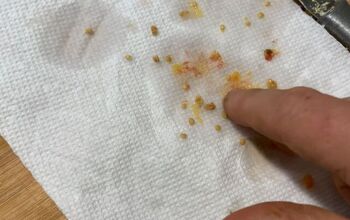
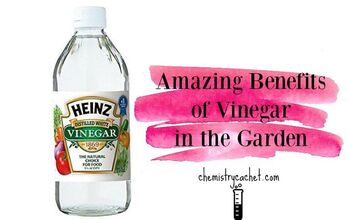





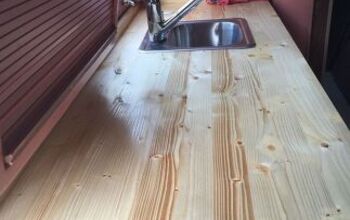

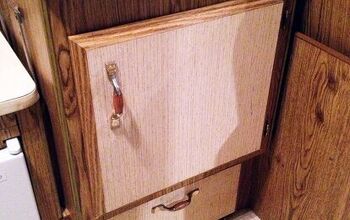

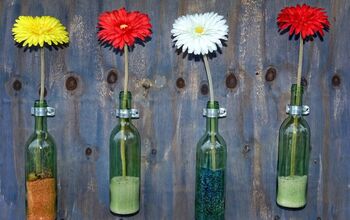
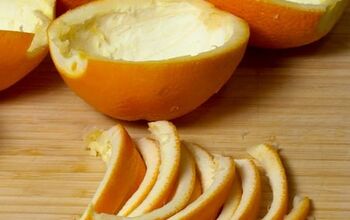
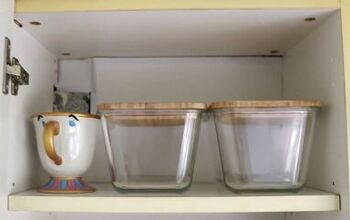

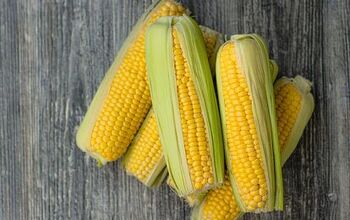

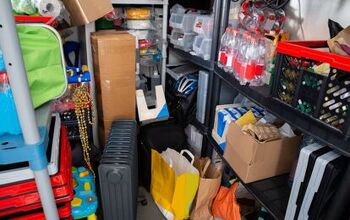
Comments
Join the conversation